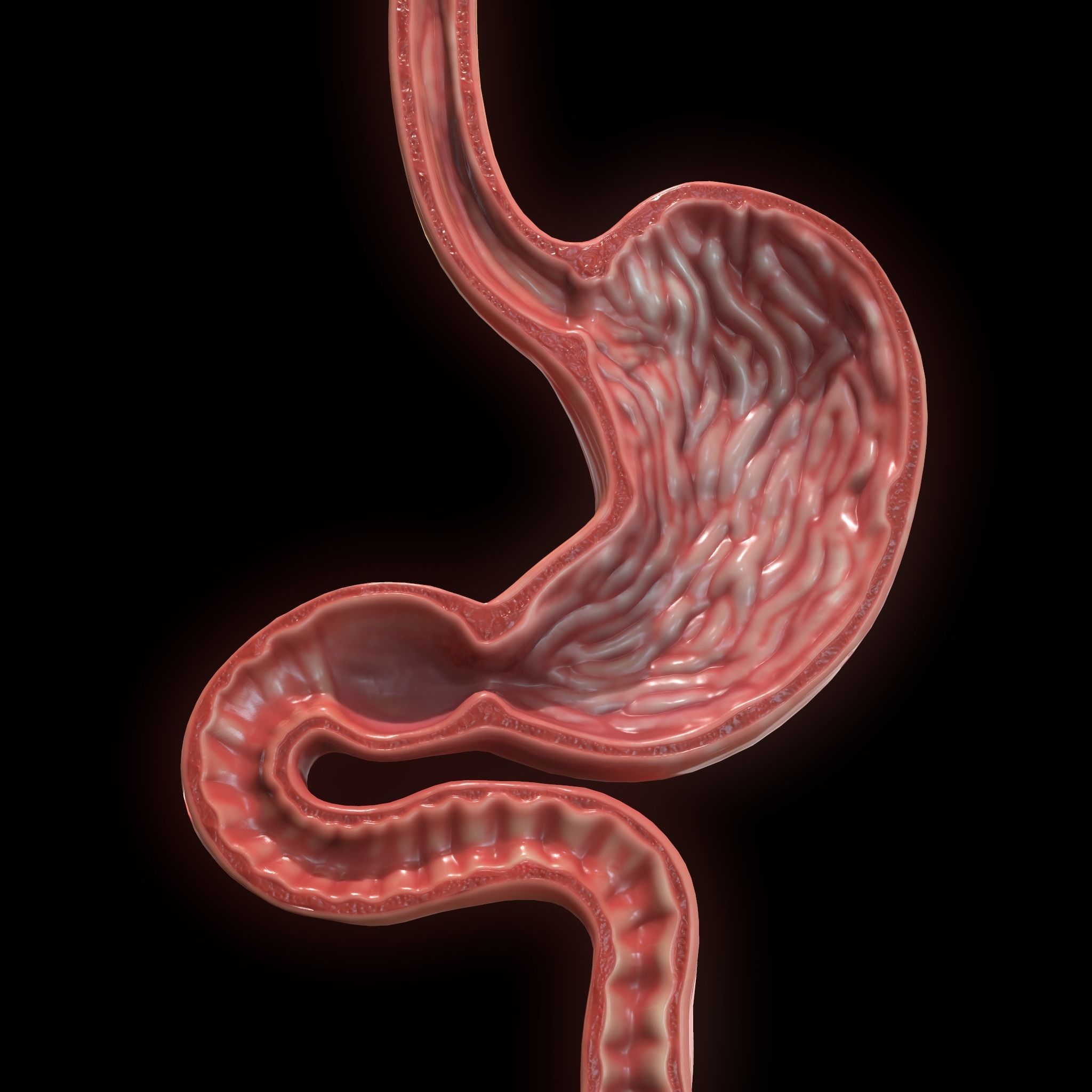New research is revealing the extent to which the human gut really is a “second brain”, with its own autonomous nervous processes.
The research will add further weight to what we already know about the incredible complexity and important of the human digestive system.
The human gut: a “second brain”?

The new research was carried out at Michigan State University.
“Most people don’t even know that they have this in their guts,” said Brian Gulbransen, a Professor in the College of Natural Science’s Department of Physiology.
The research shows that the ‘enteric nervous system’, the gut’s own system of nervous cells, is incredibly robust and independent from the central nervous system.
Indeed, the intestines could actually carry out many of their normal processes even if they were to become disconnected from the central nervous system. The number of specialized nervous cells (neurons and glia) that live in a person’s gut is close to the number found in a cat’s brain.
“It’s like this second brain in our gut,” Gulbransen said. “It’s an extensive network of neurons and glia that line our intestines.”
Neurons are the more well-known cell type, conducting electrical signals through the nervous system. Glia, by contrast, are not electrically active, and this has made it quite difficult for researchers to decipher what these cells do. One of the main theories proposed was that glial cells provide some kind of passive support for the more important work done by the neurons.
Gulbransen and his team have now shown that glial cells play a much more active role in the enteric nervous system. They revealed that glia act to influence the signals carried by neuronal circuits in a very precise manner.
“Thinking of this second brain as a computer, the glia are the chips working in the periphery,” Gulbransen said. “They’re an active part of the signaling network, but not like neurons. The glia are modulating or modifying the signal.”
One way to think of this role would be to think of the way effects pedals modulate the sounds produced by a guitar.
Your gut bacteria can make it easier or harder to lose weight
According to new research from the American Society for Microbiology, the composition of your gut bacteria can make a significant difference to how easily you lose weight.
One of the most significant findings was that the ability of the gut microbiome to break down starches was increased in people who did not lose weight. Another key finding was that genes that help bacteria grow faster, multiply, replicate and assemble cell walls were increased in people who lost more weight.
CLICK HERE TO READ MORE
This research reveals a more complicated picture of how the enteric nervous system works. In turn, this opens up new opportunities to treat gut disorders.
“This is a ways down the line, but now we can start to ask if there’s a way to target a specific type or set of glia and change their function in some way,” Gulbransen said. “Drug companies are already interested in this.”
Gulbransen’s team have already found that glia may be key to new ways to help treat irritable bowel syndrome (IBS). IBS is a painful condition that currently has no cure and affects 10% to 15% of Americans. Glia could also be involved in several other health conditions, including gut motility disorders, such as constipation, and a rare disorder known as chronic intestinal pseudo-obstruction.
“Right now, there’s no known cause. People develop what looks like an obstruction in the gut, only there’s no physical obstruction,” Gulbransen said. “There’s just a section of their gut that stops working.
Although the new research will take time to bear fruit, in the meantime we can at least appreciate just how complicated – and important – the human gut really is.











